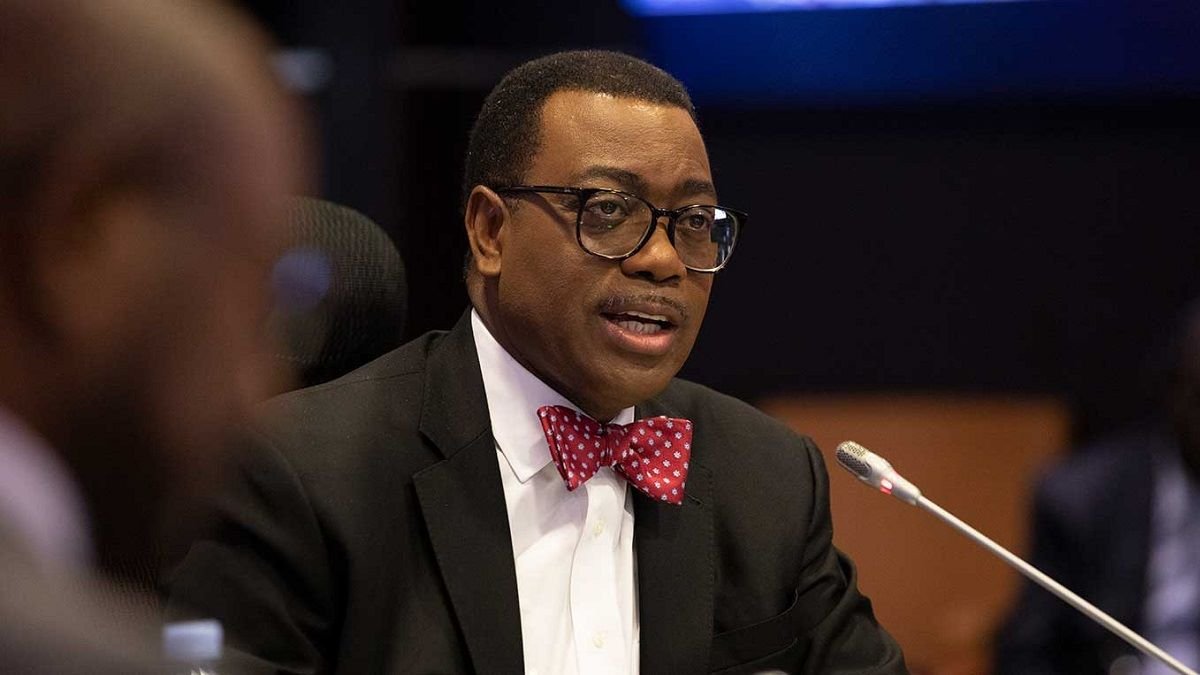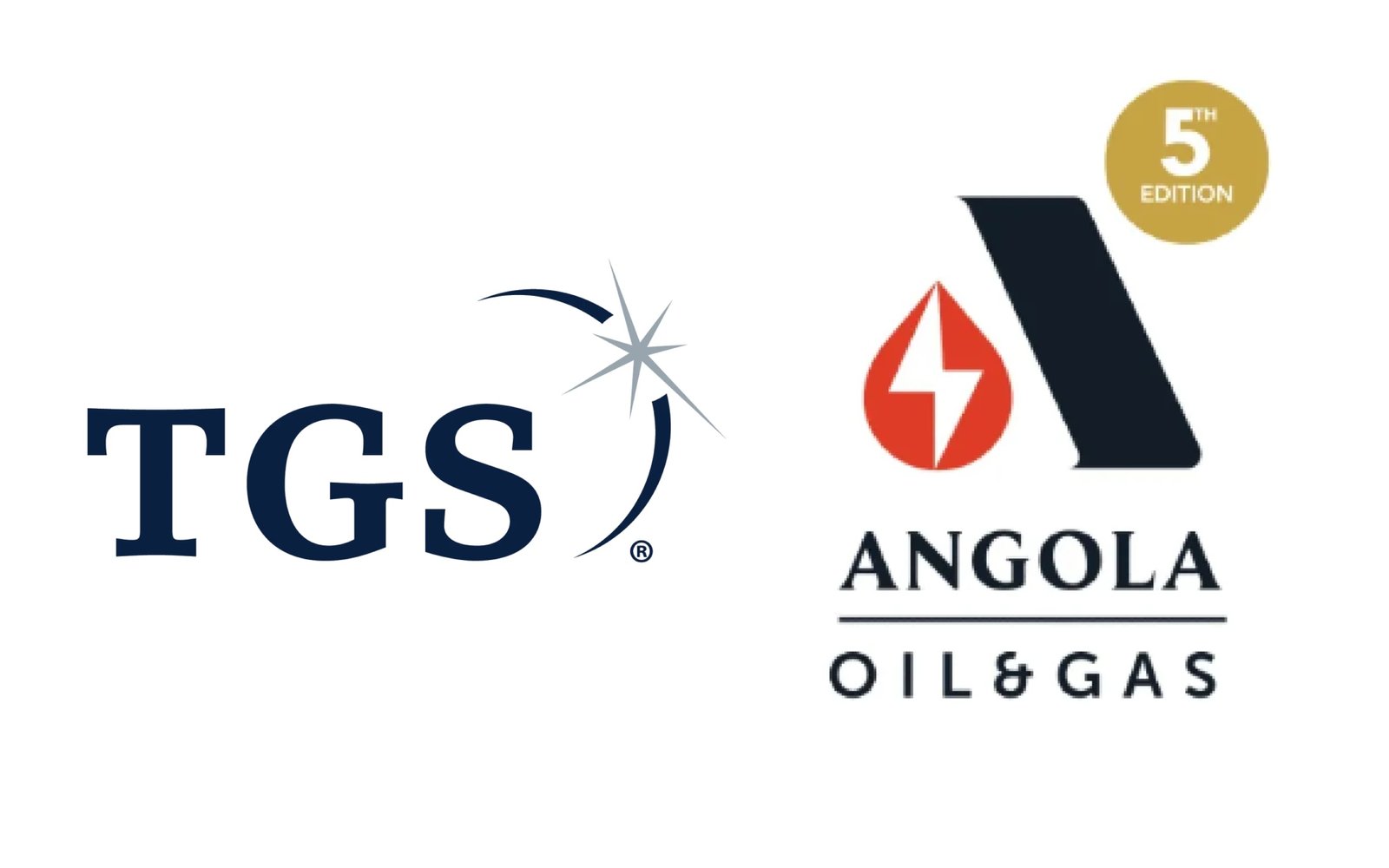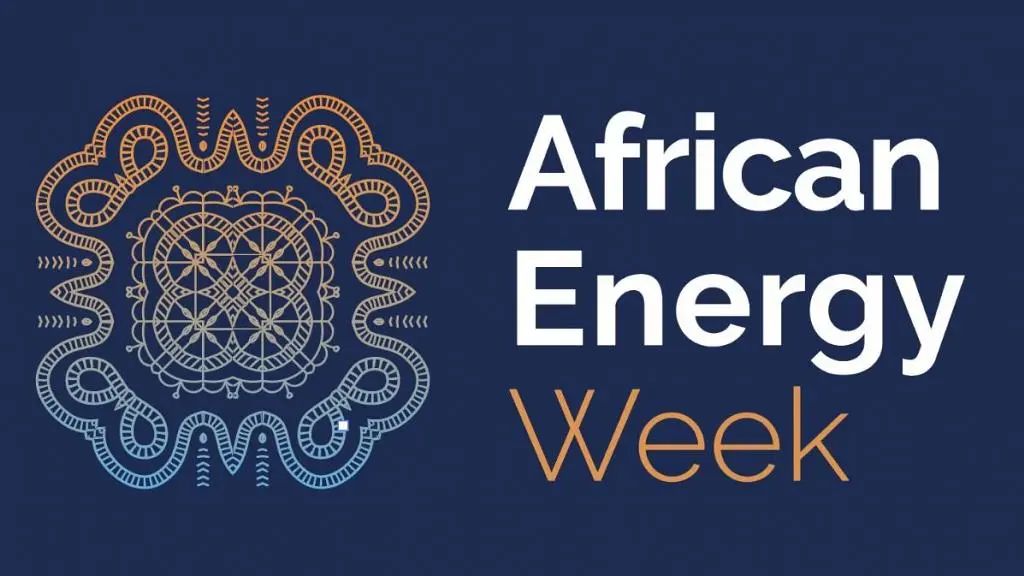EXPLAINER: Nigeria’s Electricity Act
By Odion Omonfoman
The Electricity Act repeals the Electric Power Sector Reform Act signed by former president Olusegun Obasanjo in 2005.
The EA 2023 consolidates the various electricity laws in the power sector. Some of these laws are the Hydroelectric Power Producing Areas Development Commission Act, the Nigerian Electricity Management Services Agency Act, 2015, and others.
Any State electricity law shall not be invalidated by the provisions of the EA. In other words, the provisions of the EA may not be applicable to state electricity licensees where the State House of Assembly has created a valid electricity law excluding State licensees from the provisions of the EA 2023.
The Federal Ministry of Power is now tasked with developing an integrated National Electricity Policy and Strategic Implementation Plan to guide the overall development of the electric power sector in Nigeria. The plan is to be reviewed or revised every five years.
The EA paves the way for the establishment and licensing of the Independent Systems Operator (ISO). The ISO merges the Market Operator and System Operator functions of the Transmission Company of Nigeria, TCN into a single entity independent of the TCN.
The licensing of mini-grids, IEDNs is now subject to state electricity laws – effectively State Electricity Boards, where they exist, are to license mini-grids and provide the framework for the operation of such licensees.
State licensees are prohibited from engaging in inter-state or cross-border generation, transmission, and distribution of electricity.
The EA makes provisions for the disaggregation of distribution licenses into supply and distribution licensed companies, subject to NERC’s determination of the right market timing for such disaggregation to occur.
Setting aside 5 per cent of all revenue accruing from power generated by the various Power Generating Companies in Nigeria (GENCOs) for the development of the respective host communities which will be administered by the Hydro-Electric Power Producing Areas Development Commission (HYPPADEC).
The criminalization of electricity theft, illegal meter tampering/bypass, and willful damage to electricity infrastructure.
The establishment of a Power Council to ensure policy harmony in the NESI by considering, adopting, and reviewing the National Integrated Electricity Policy and Strategic Implementation Plan, amongst other functions.
The full transition of regulatory authority from NERC to a State Electricity Regulator, where a State has established its own electricity market. In this regard, Successor Electricity Distribution Companies, DisCos, whose operations cover more than one state are expected to create a subsidiary distribution company responsible for electricity distribution in that state. The new company and its operations within the State will be licensed by the State Electricity Regulator.
Issues for Resolution
The framework for the regulatory transition of a Successor DisCo’s operations in a State to the State Electricity Regulator needs to be developed in order not to cripple the Nigerian electricity supply industry or cause unintended legal challenges to the Federal Government.
For instance, Successor DisCos have existing contractual and financial obligations and huge financial liabilities to 3rd Parties, the Market, and the Central Bank of Nigeria, CBN. In addition, Core Investors in DisCos who may not be comfortable with operating under state regulations may trigger a force majeure based on “change in law” provisions of the privatization sale contracts. Should this occur, the Federal government may be looking at multi-million dollar liability claims from Core Investors.
There is also the issue of multiple regulations for inter-state electricity distribution within Successor DisCo’s franchise areas. As an example, Enugu DisCo which covers five states and some parts of Benue State, may eventually be regulated by not less than five state regulators, in addition to the NERC
In all, it’s an exciting time for the power sector in Nigeria. The benefits of the new EA will not be felt in terms of improving electricity access, except if State Governments enact and implement State electricity laws in their respective States.
Next step
The next step is for State governments to develop sound electricity policies for their states, which would then underpin the electricity laws that would be enacted by the State Legislature.
– Odion Omonfoman is the Chief Executive Officer, of New Hampshire Capital Limited & Lead Consultant on Power to the Nigeria Governors Forum.
The Electricity Act is currently being gazetted by the Federal government. Kindly click the link below to see the harmonized copy by the National Assembly.
https://thedaily-ng.com/wp-content/uploads/2023/06/Harmonised-Electricity-Bill-2023.-1.pdf








